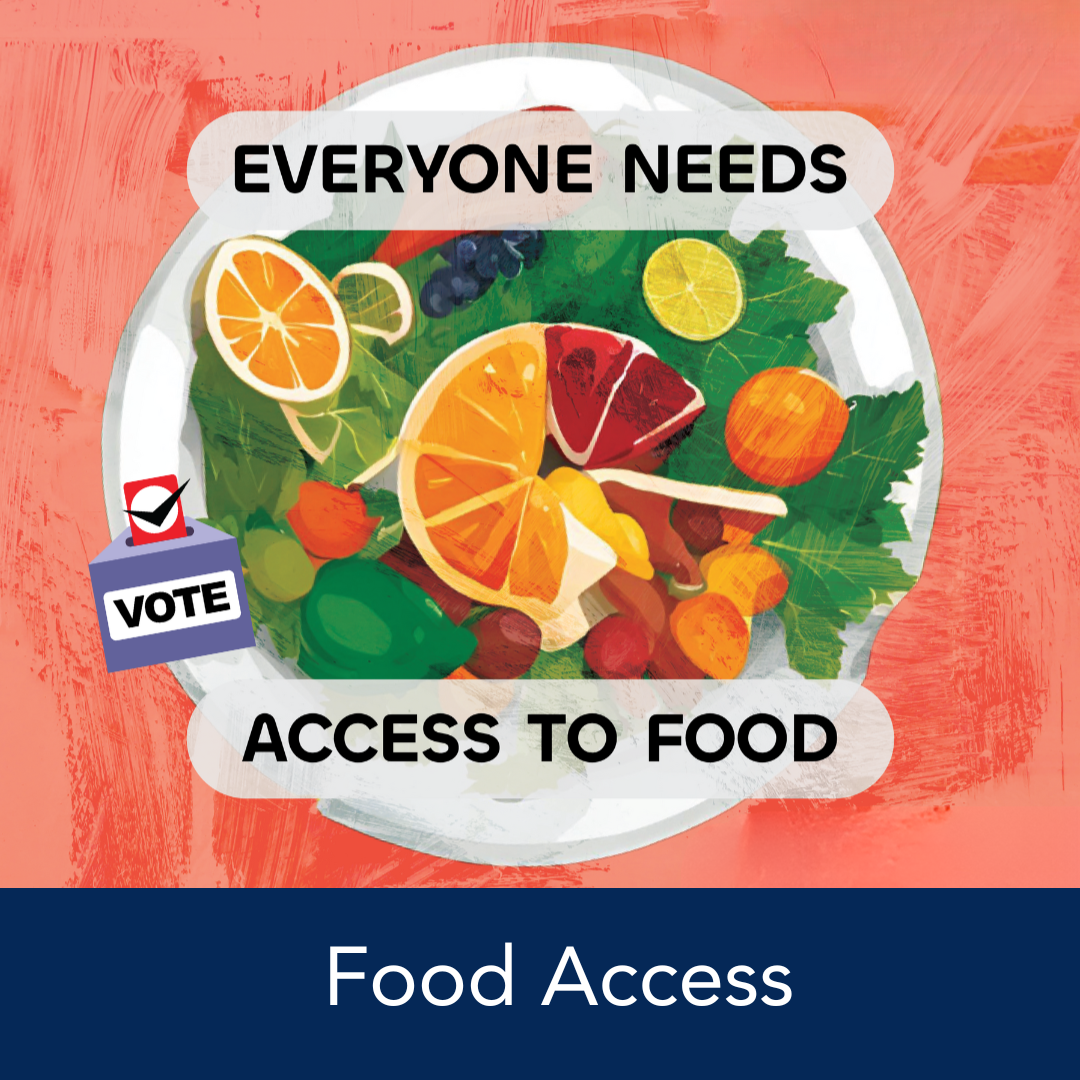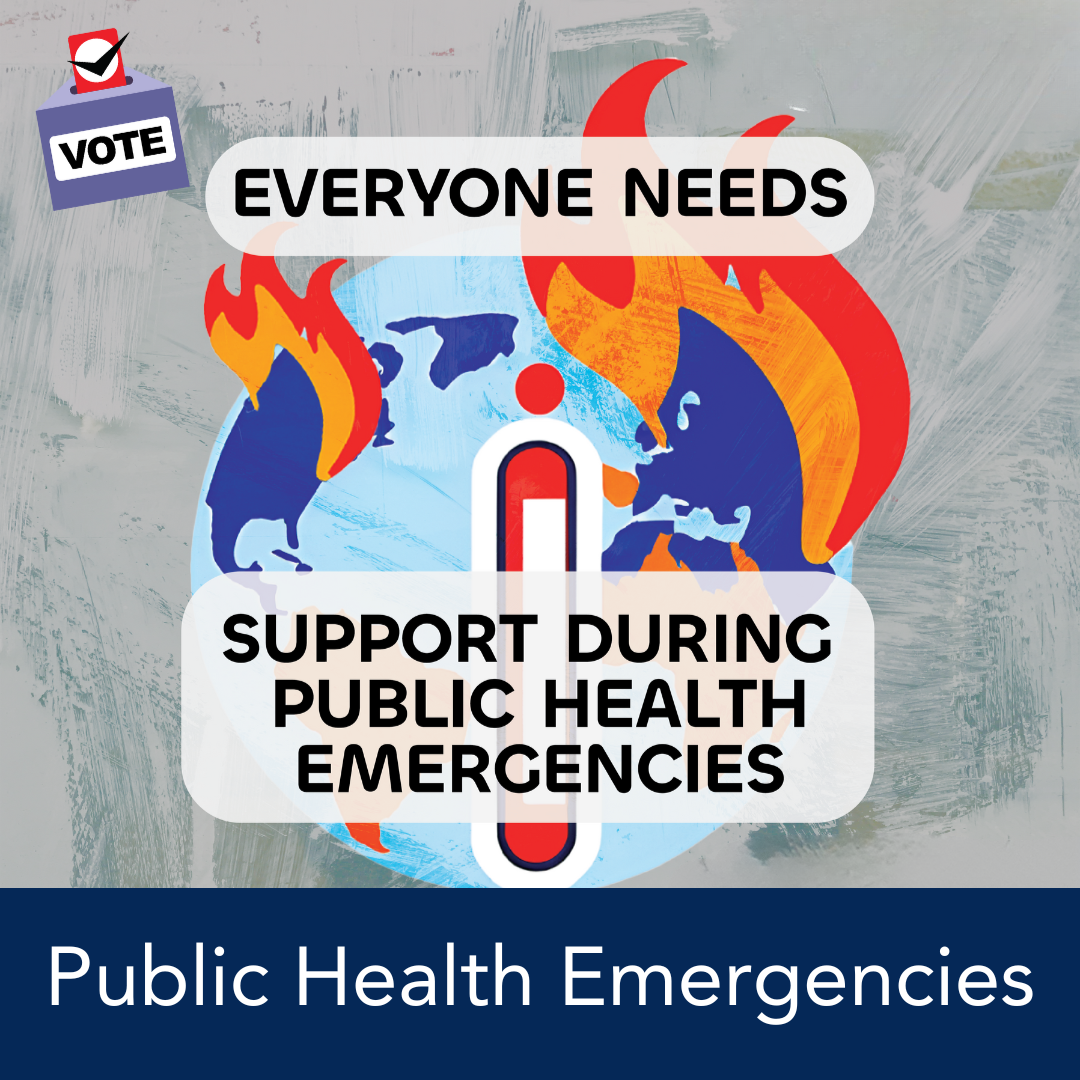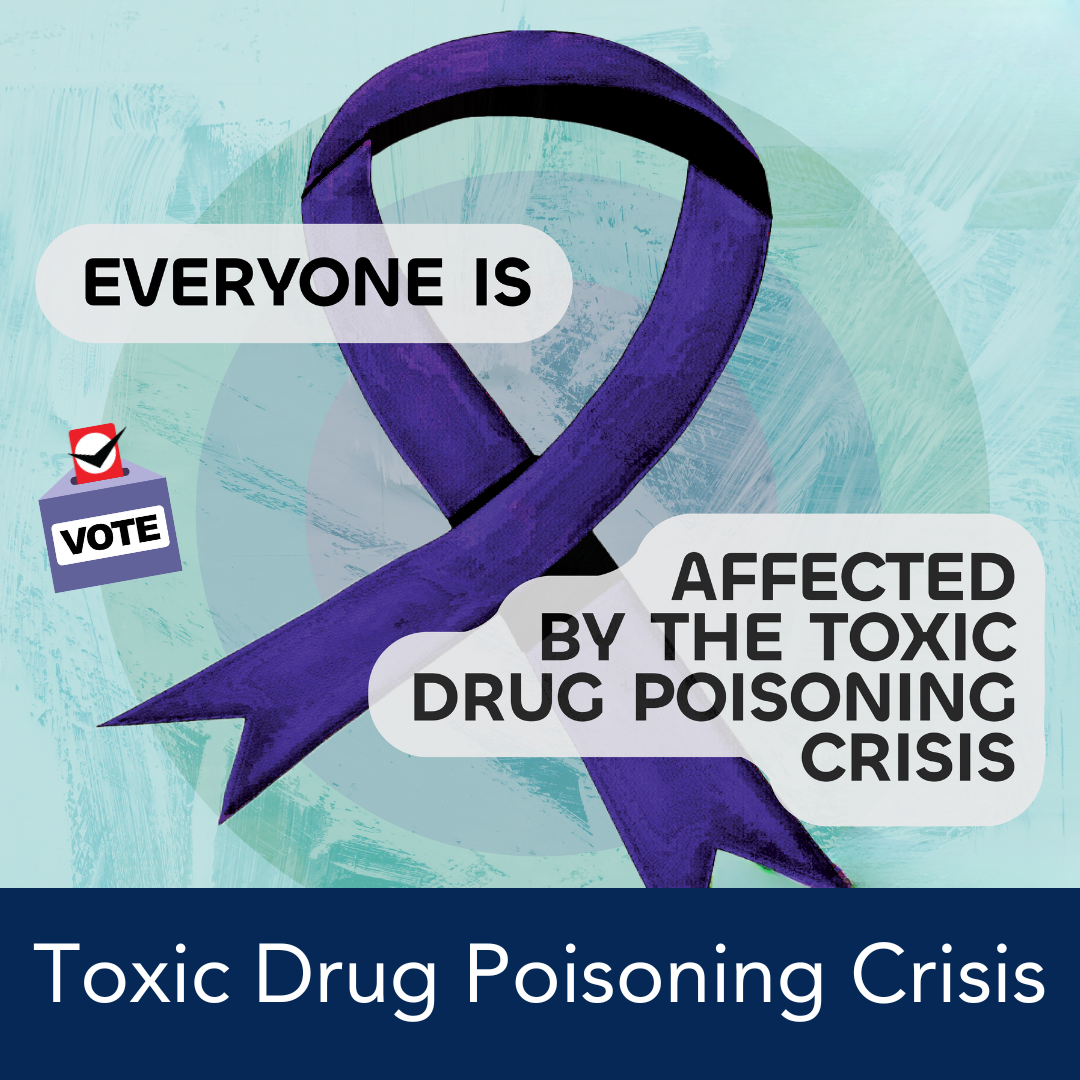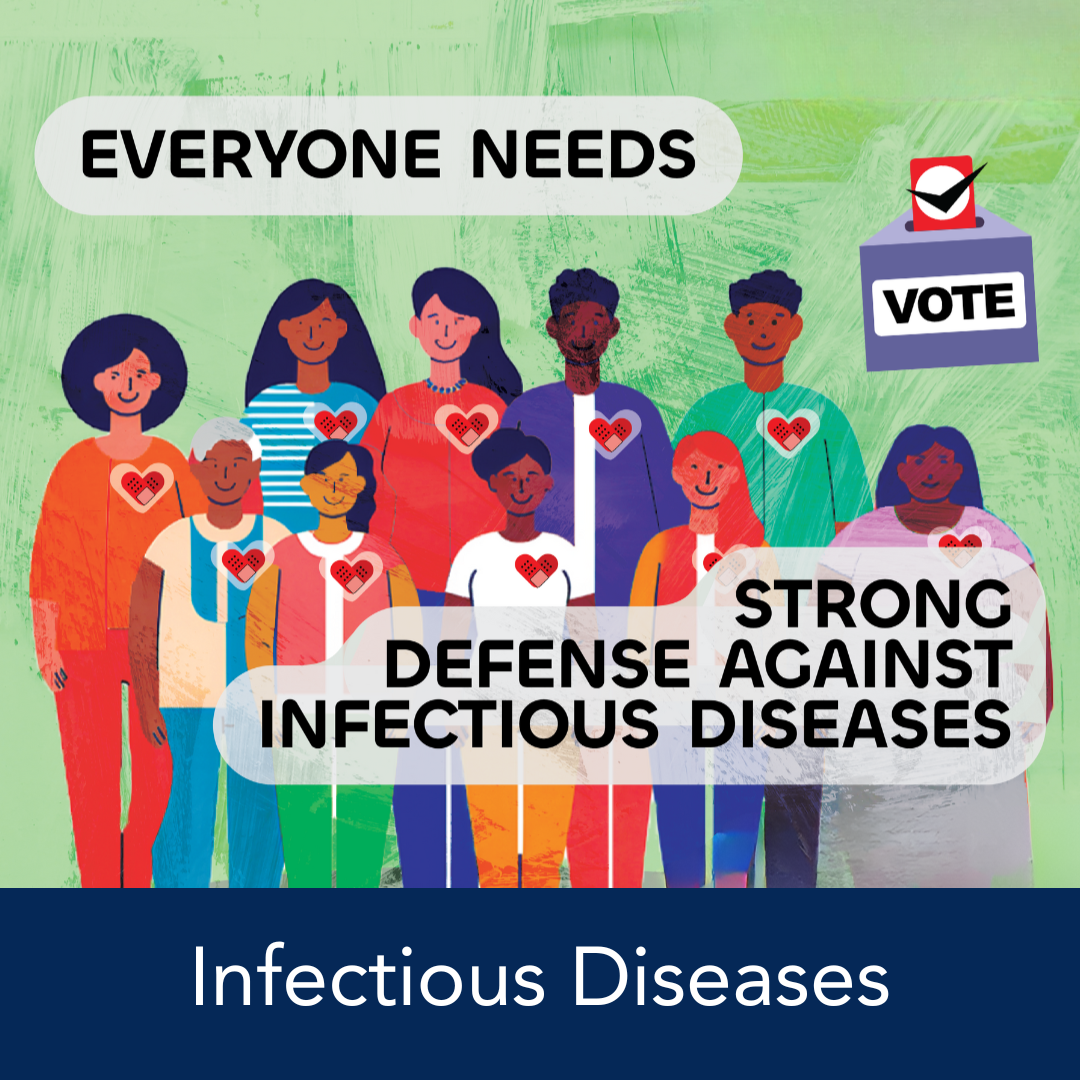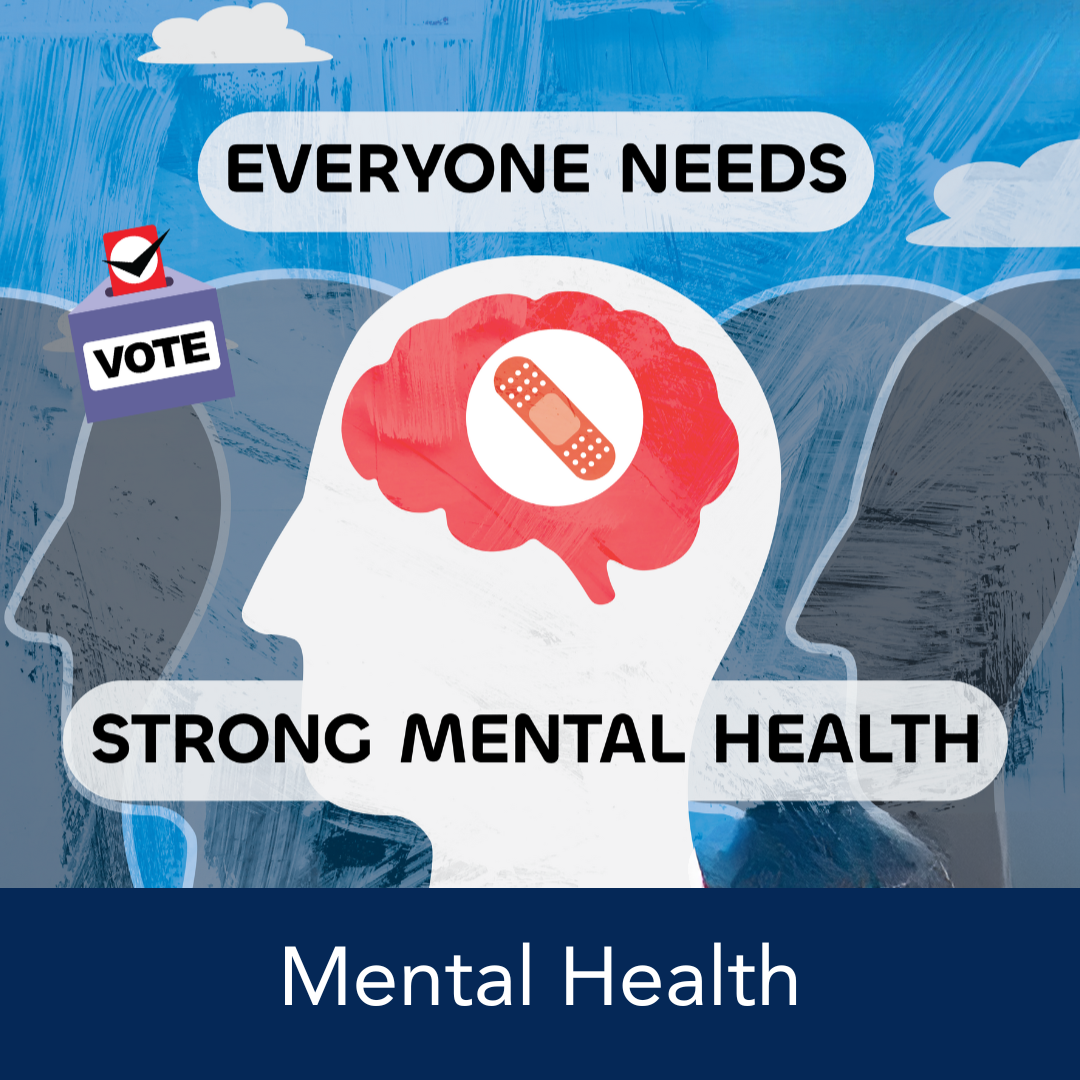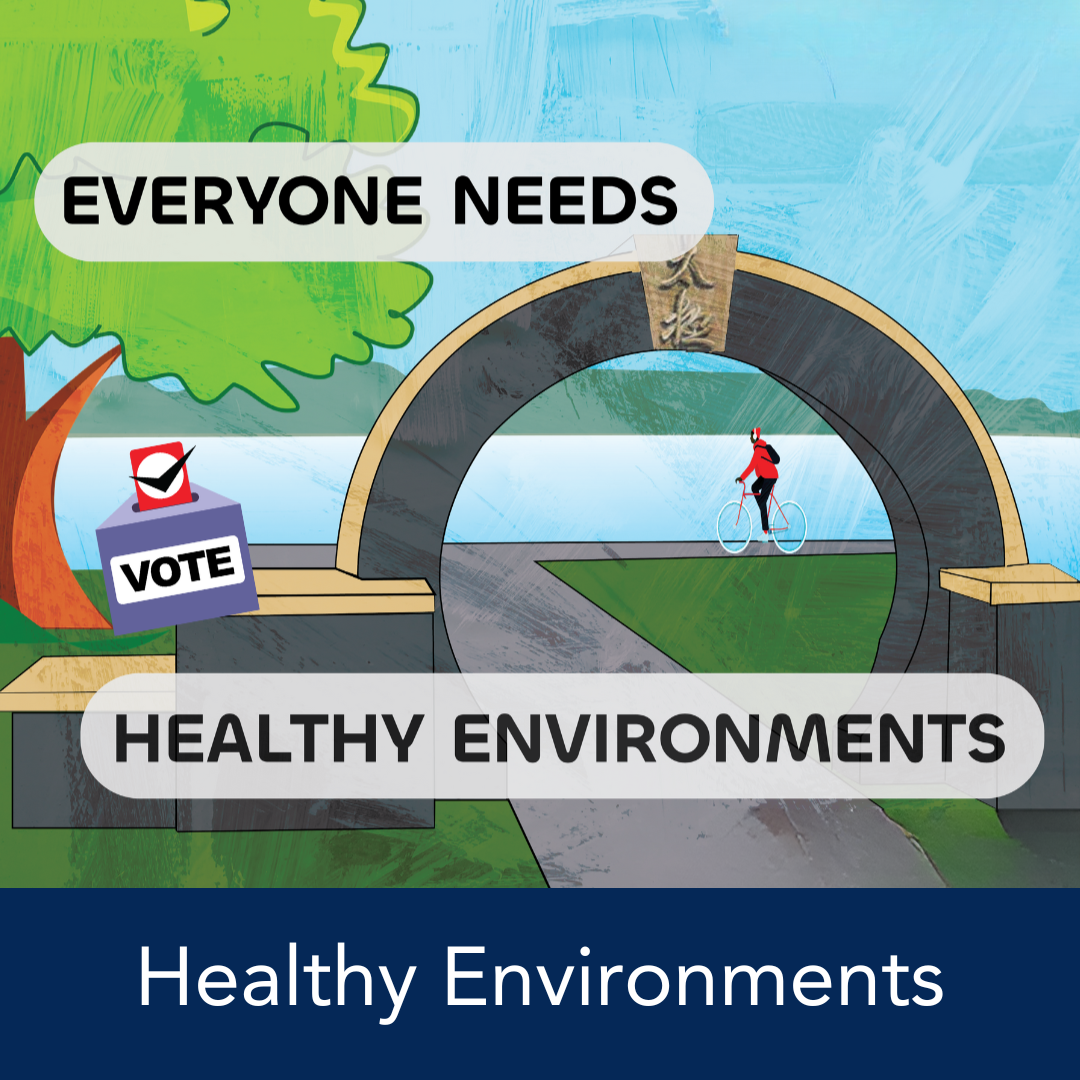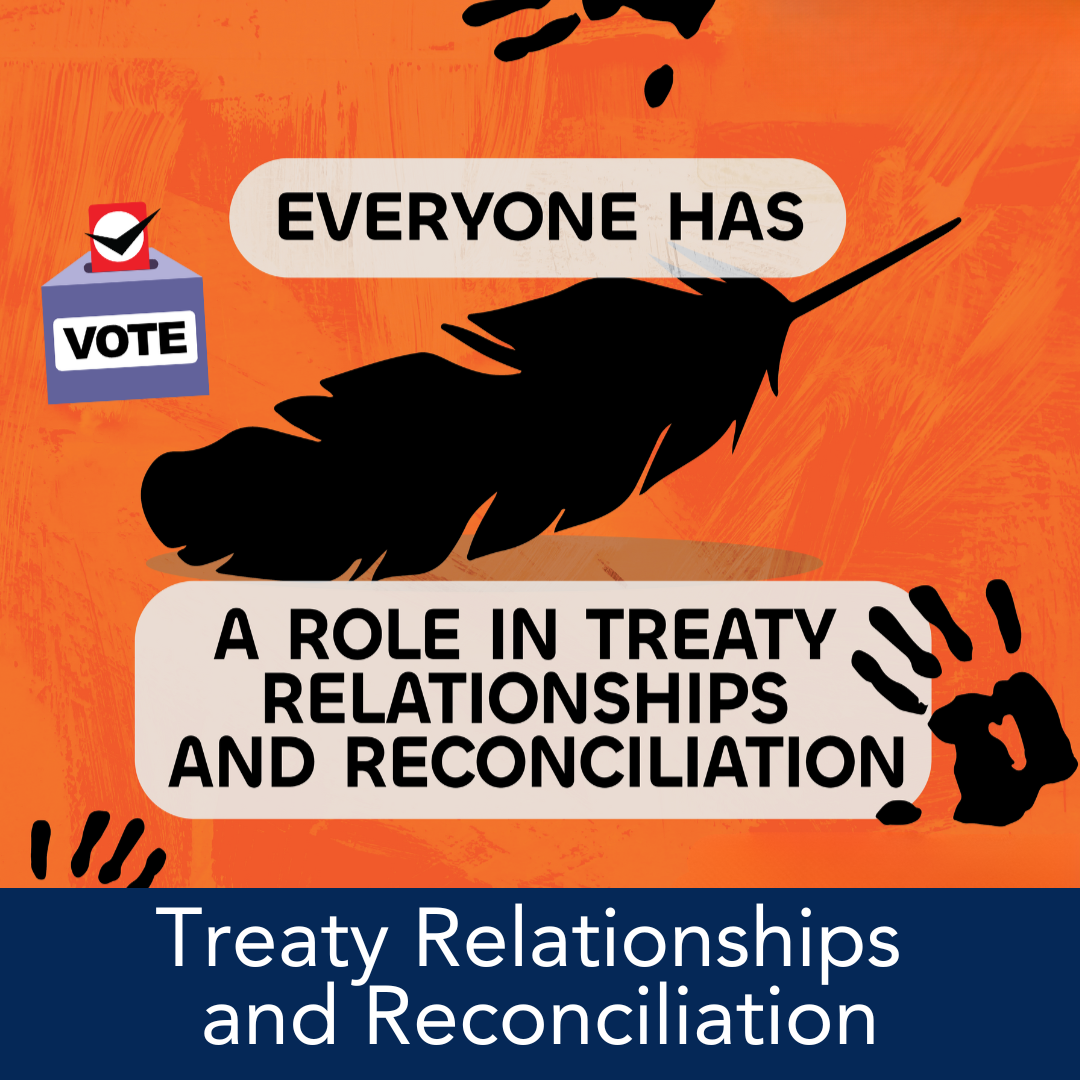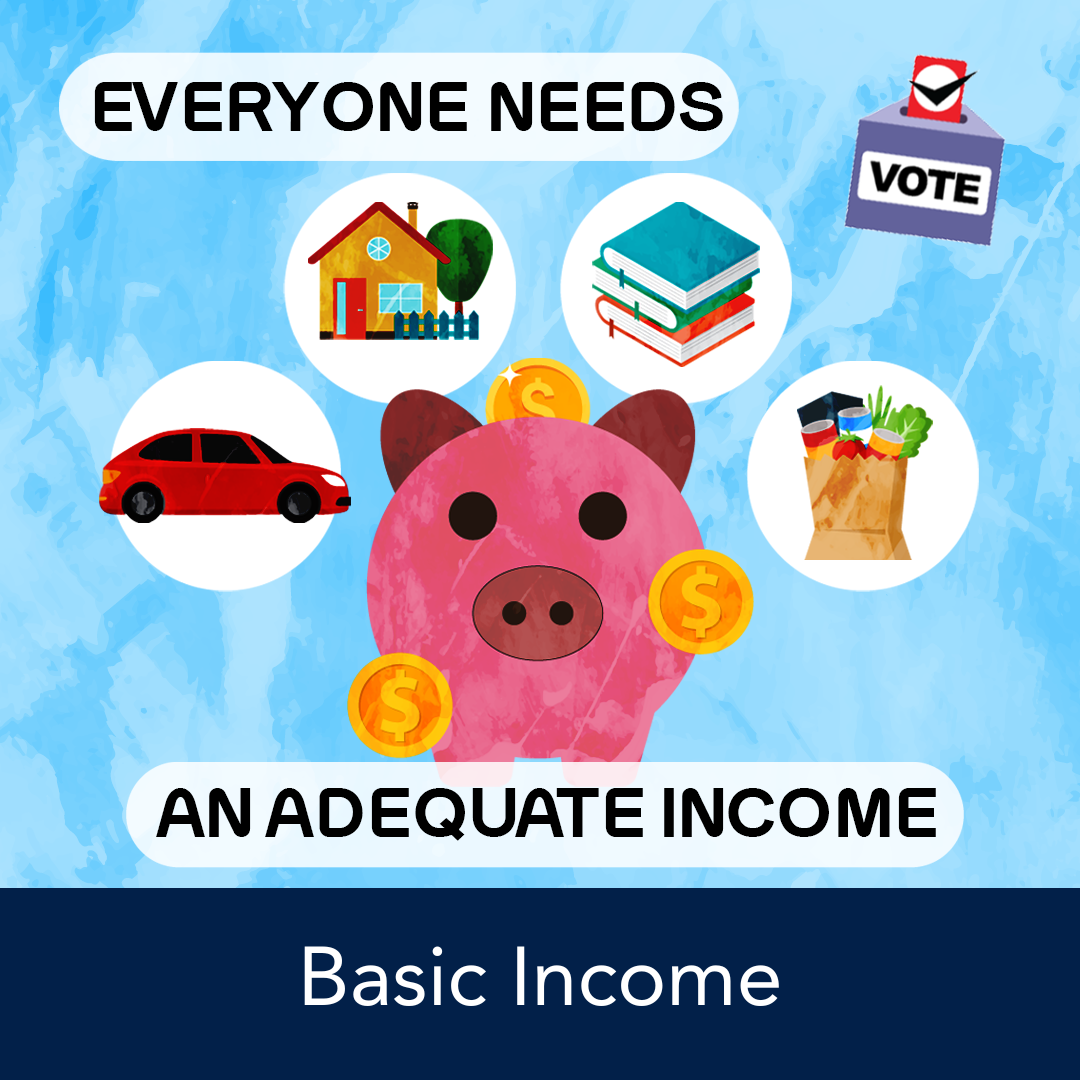Canadians head to the polls on Monday, April 28, 2025. Thunder Bay District Health Unit (TBDHU) encourages community members across the Thunder Bay District to get informed, vote, and consider public health when they vote.
Vote
Any Canadian citizen, 18 or older can vote. Voting is a right and a responsibility to take part in the political process. For more information on voting (including voter registration and accessible voting), candidates, and more, visit www.elections.on.ca.
Get Informed
Get informed about issues that matter to you and your community.
Public Health Matters
Health is often a top priority for voters, and the federal government shapes policies that impact the health of individuals and communities. Investments that strengthen public health and promote well-being improve health opportunities for all of us. These investments also reduce future healthcare costs, making them a smart economic choice. Thunder Bay District Health Unit has identified some key public health issues for consideration this election (expanded below):
Food Access
Public health is community health. When people have access to the basic needs to live well, everyone benefits.
One in four children lived in food insecure households in the Thunder Bay District in 2024. Solutions that ensure an adequate income can reduce food insecurity and improve health outcomes for adults and children alike. To learn more about why adequate income and access to food matters in the 2025 federal election, visit:
- TBDHU: The Cost of Eating Well in the District of Thunder Bay (2024)
- TBDHU: Access to Food
- PROOF: Food Insecurity: A problem of inadequate income, not solved by food
Public Health Emergencies and Climate Change
Emergency preparedness is an important part of public health.
Whether it’s an outbreak of disease, or extreme weather – crisis can hit any of us at any time. We need to be ready to adapt and respond.
Climate change is making natural disasters—like floods, wildfires, and heatwaves—more frequent and intense, while also shifting disease patterns. Warmer temperatures allow illnesses like Lyme disease and West Nile virus to spread to new areas. Other diseases, like avian flu, can evolve and sometimes spread to humans, posing a pandemic risk. That’s why strong public health systems and emergency preparedness are essential for keeping communities safe.
To learn more about why strengthening emergency preparedness matters in the 2025 federal election, visit:
Toxic Drug Poisoning Crisis
An increasingly toxic drug supply is putting people from all walks of life at greater and increasingly serious health risk. Entire communities are feeling the deep social, emotional, and economic costs of this crisis.
The Thunder Bay District has some of the highest rates of substance related harms including opioid overdoses and deaths in the province. These worsened with the COVID-19 pandemic. The toxic drug crisis impacts all Canadians – in the first 9 months of 2024, an average of 21 Canadians died every day as a result of opioid toxicity.
Access to a full range of health supports (treatment, harm reduction, transitional care) that use anti-stigma and trauma-informed approaches are needed to address this public health emergency. To learn more about why this issue matters in the 2025 federal election, visit:
- TBDHU: Substance Use and Stigma
- TBDHU: Opioid Information System
- Canadian Public Health Association Elxn45: Toxic Drug Crisis
Infectious Diseases
Thunder Bay District experiences some of the highest rates of infections like syphilis, hepatitis C, and chlamydia. And Tuberculosis continues to disproportionately impact marginalized community members in the Thunder Bay District. Meanwhile, measles cases are on the rise across Canada, highlighting the need for strong public health protections.
Preventing infectious diseases isn’t just about individual health - it protects entire communities.
To learn more about why investing in infectious disease prevention matters in the 2025 federal election, visit:
- TBDHU: Diseases and Infections
- TBDHU: Sexually Transmitted Infections (STI)
- TBDHU: Immunizations
- Canadian Public Health Association Elxn45: Immunization
Mental Health
There is no health without mental health. Poor mental health impacts whole communities.
Ending mental health stigma encourages people to reach out when they need it. Public health works with community partners to break down stigma and support and promote mental health for everyone.
The federal government has a role in ensuring equitable access to mental health care across Canada.
To learn more about why mental health matters in the 2025 federal election, visit:
- TBDHU: Mental Health
- Canadian Public Health Association Elxn45: Mental Health and Addictions
- Canadian Mental Health Association: Stigma and Discrimination
Housing
There is a direct link between housing and health.
People who are not able to afford safe housing are at greater risk of experiencing poor health. The housing crisis also makes it much harder for many people to afford other basics such as healthy food.
In 2022, one in seven Canadian households were living in an unsuitable, inadequate or unaffordable dwelling. And in 2024, there were at least 557 individuals experiencing homelessness in Thunder Bay...this number is growing.
Solutions that ensure an adequate income and access to safe and affordable housing can improve health outcomes for everyone. To learn more about why safe and affordable housing matters in the 2025 federal election, visit:
- TBDHU: The Cost of Living Report (2024)
- Lakehead Social Planning Council: Point in Time Count (Thunder Bay, 2024)
- Centre for Addiction and Mental Health: Housing and Mental Health Policy Framework
- Canada Mortgage and Housing Corporation: 2022 Canadian Housing Survey
Healthy Environments
We all benefit from having safe, healthy places to live, work and play.
Public health plays a key role in ensuring the food and water we consume is safe and the air we breathe is clean. Public health also works to promote community planning that provides opportunities for everyone to live well.
Improving the built environment in our communities can reduce chronic disease by promoting physical activity, healthy food access, and active transportation. Development that prioritizes walkability, cycling, and public transportation benefits health, the environment, economic development, and creates community connections. Connected communities are vibrant, healthy communities.
To learn more about why healthy environments matter in the 2025 federal election, visit:
- TBDHU: Food Safety
- TBDHU: How to Build a Healthy City
- BC Centre for Disease Control: Healthy Built Environment Linkages Toolkit
Treaty Relationships and Reconciliation
Repairing Settler-Indigenous relations is everyone’s job. We are all treaty people, and the instructions have been laid out for us.
The majority of the 94 Calls to Action from the Truth & Reconciliation Commission of Canada remain incomplete. An additional 231 recommendations have been identified out of the National Inquiry into Missing and Murdered Indigenous Women and Girls, many of which are aimed at the federal government and federal agencies.
Forming and repairing relationships can help build healthier, more prosperous communities that benefit everyone.
Public health is committed to Indigenous health through strengthening relationships with Indigenous communities and becoming a culturally safer organization.
To learn more about why treaty relationships and reconciliation matter in the 2025 federal election, visit:
- TBDHU: Truth and Reconciliation Strategic Plan Priority 2024-2027
- Canadian Public Health Association: Indigenous Health
Safety
Safety and living without violence or the threat of violence is essential for mental, physical, social, and economic health.
Thunder Bay reports two times the provincial rates of intimate partner violence. And family violence against children and youth reached the highest ever recorded level in Canada in 2023.
There is a disproportionate burden of intimate partner violence on women, young women, Indigenous women, 2SLGBTQI+ individuals, visible minority women, and women living with disabilities.
Public health has a role to play in supporting safe environments and violence prevention. Creating a culture of prevention requires participation on all levels—individual, community, municipal, provincial, and federal.
To learn more about why intimate partner violence and family violence matters in the 2025 federal election, visit:
- TBDHU: Youth Violence Prevention Project
- Government of Canada: Intimate Partner Violence
- Government of Canada: Trends in police-reported family violence and intimate partner violence in Canada, 2023
Basic Income
According to Statistics Canada, close to 1 in 10 of us were living in poverty in 2022. A recent report from Food Banks Canada (2024) suggests the number is even higher.
Income is one of the strongest predictors of health. The more difficult it is to afford food, shelter and other basics, the more difficult it is to maintain mental and physical health. Temporary solutions such as food banks are not sustainable. We need long-term solutions to alleviate poverty. Reducing poverty can improve health and has the added economic benefit of reducing healthcare costs.
Evidence shows that a guaranteed basic income program has the power to do this, allowing all of us to live well and with dignity.
To learn more about why addressing poverty matters in the 2025 federal election, visit:
